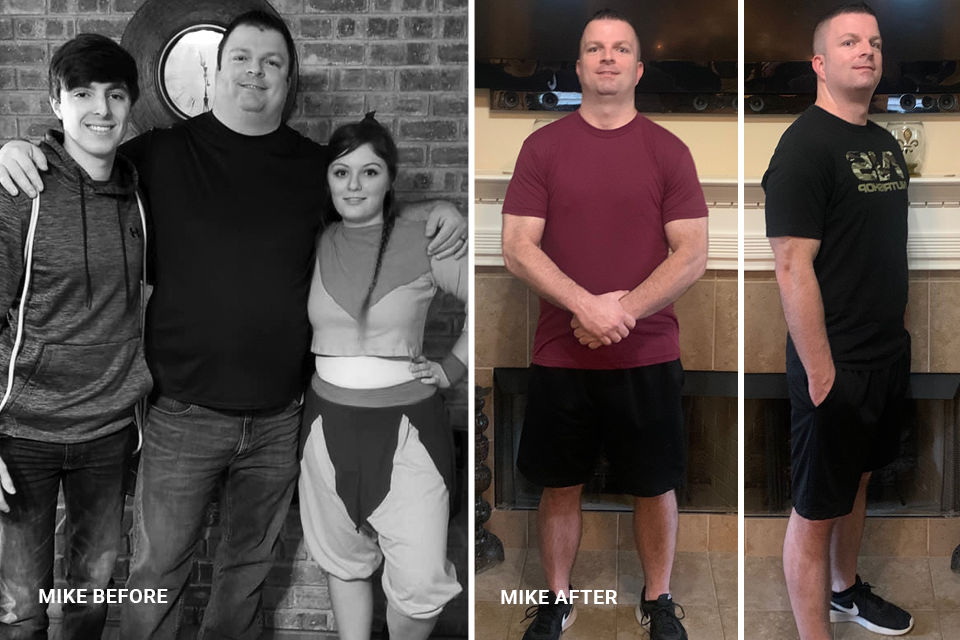You probably know by now that a balanced diet and regular exercise are necessary not just to lose weight but also to get fit and healthy. Whatever reason you still have for choosing to ignore them is a matter of determination, motivation, discipline, and persistence, or lack of it. But what you perhaps need to know is that the issue of weight loss is not limited to food and physical activity. Sleep and stress also contribute to the challenges of losing weight.
Let’s find out how by busting the myths about weight loss, sleep, and stress.
myth 1 | Starve yourself, and you’ll lose weight
You probably will lose weight if you barely eat anything. But whether you’re fit and healthy are entirely different things. The problem with crash dieting is that you deprive your body of the nutrients it needs to function normally and efficiently every day. And unfortunately, with this program, you’re likely to gain back all the pounds as fast you lost them. Research suggests that rapid weight loss slows down your metabolism, leading to future weight gain. The effects of intense exercises and extreme diet programs such as cleansing can be fleeting.
What’s worse is that crash dieting weakens your immune system and increases your risk of certain heart diseases. In short, crash dieting and fad diets that promise the heavens can do more harm than good in the long run.
myth 2 | Sleeping makes you fat
Some have this perception that people who sleep a lot are lazy and therefore usually fat. But this assumption is something science has repeatedly refuted.
On the contrary, it is the lack of sleep that can make you fat. A study showed that sleep deprivation could make you gain 2 pounds in under a week. So you might be feeling tired, but that does not mean you are losing weight. This is because people who do not get enough hours of sleep have a greater tendency to consume more calories with snacks. Lack of sleep also slows down metabolism and causes the body to use less energy for simple tasks like eating. This means that sleep deprivation boosts the feeling of hunger while slowing down the rate at which calories are burned. Surely, a dangerous combination.
Help yourself achieve the ideal number of sleeping hours by creating a regular sleep-wake schedule that you can sustain given your lifestyle. It is also beneficial to develop a good sleeping environment. Start with investing in a high-quality and comfortable foam mattress that offers plush comfort and excellent support.
myth 3 | Burnout leads to weight loss
When people feel tired and stressed out, does the body suffer? It does, but the effect is not necessarily weight loss. It can easily be the opposite.
Just because you’re feeling exhausted and worn out does not mean your body is losing unwanted fat.
You could be experiencing loss of appetite at first but long-term chronic stress will actually boost your hunger. When your mind and body are feeling a lot of pressure, it mistakenly thinks that you are using too much energy and calories. The body’s survival mode then responds by doing what it thinks needs to be done, such as overeating. Before you know it, you will find a bulge in your mid-section that wasn’t there before.
Cortisol, the stress hormone, increases during stress and tension-filled times, which in turn also causes levels of insulin to increase. As a result, your blood sugar drops and then you find yourself craving sugary and/or fatty foods. Some people also reach for their favorite “comfort foods” as eating can be a source of solace and can lower stress. When we eat comfort foods, the body releases chemicals in response to the food’s calming effect.
myth 4 | Ditch all the carbs and fat intake
People struggling with weight problems are often told to ditch carbs such as pasta, rice, and bread. While low-carb diets aid in weight loss, remember that carbs per se do not cause weight gain. The truth is that refined carbs, such as refined grains and sugar, are the culprit. But whole foods high in carbs are very healthy.
How about fat? Does it automatically make you fat? There is nothing uniquely fattening about fat. In fact, there are medically proven diets high in fat that work. The notoriety of fat is caused mostly by the fact that most fat is found in calorie-dense junk foods, which means that as long as calories are within range, fat content in food does not make you fat.
myth 5 | Stress and sleep are unrelated
Of course not, they are very much correlated, in as much as fitness and sleep disorders are also related. Cortisol has a lot to do with how well (or how poorly) you sleep. In an ideal world, cortisol production should gradually decrease throughout the day and should be lowest during the night or bedtime.
However, when you’re stressed, and you have a lot of stressful thoughts going through your mind while you’re trying to catch some zzz’s, your cortisol remains elevated and your body receives an energizing signal that keeps you awake. And when you’re up late at night, what do you do? You eat after-dinner snacks while watching TV.
There is more to know about losing weight than just eating less and moving more. You should be able to understand what your body is telling you. The most basic activities, such as eating and sleeping, and the stressors of daily life are critical factors to consider if you want to lose weight.
– By Patricia Evans






